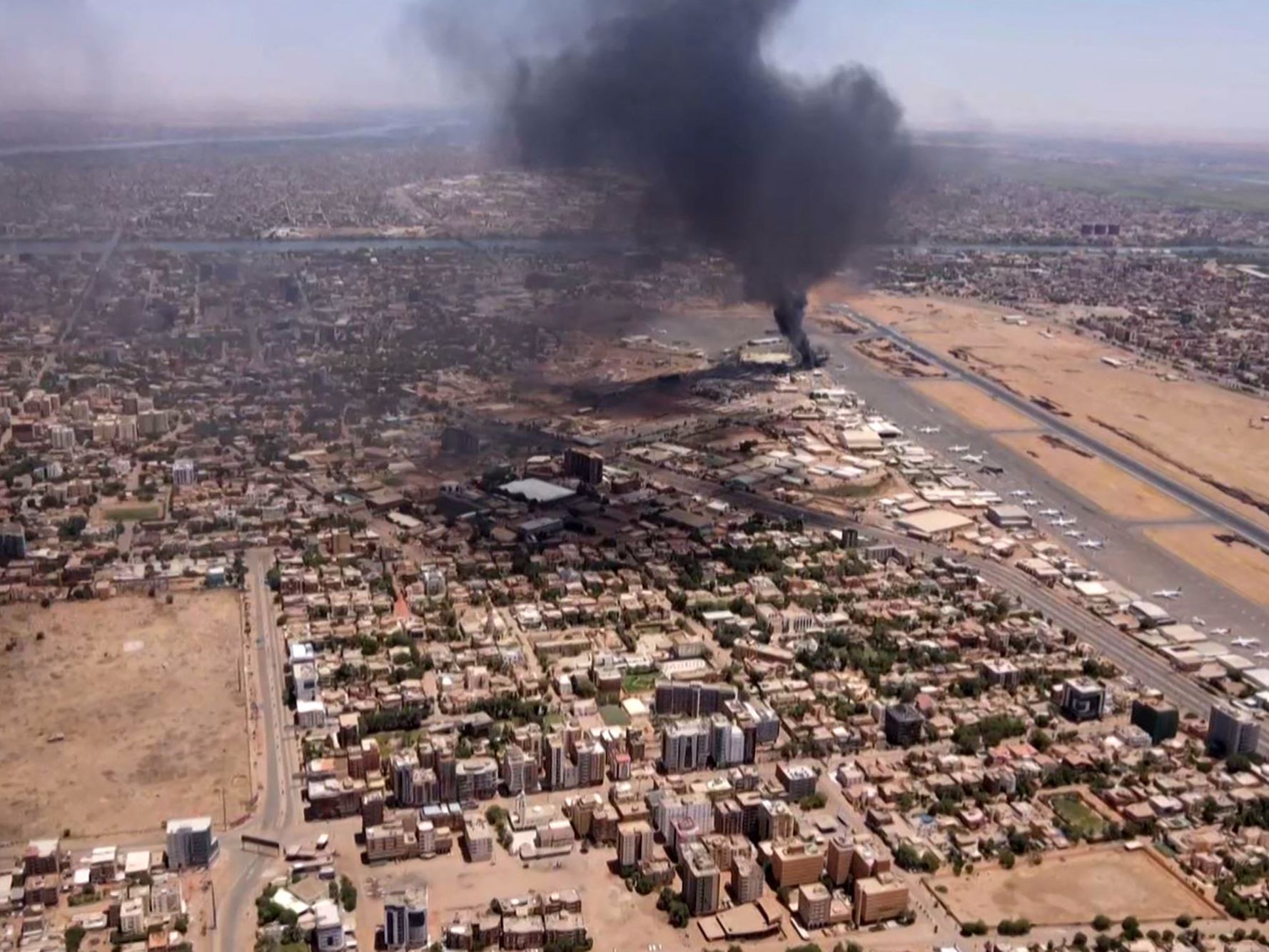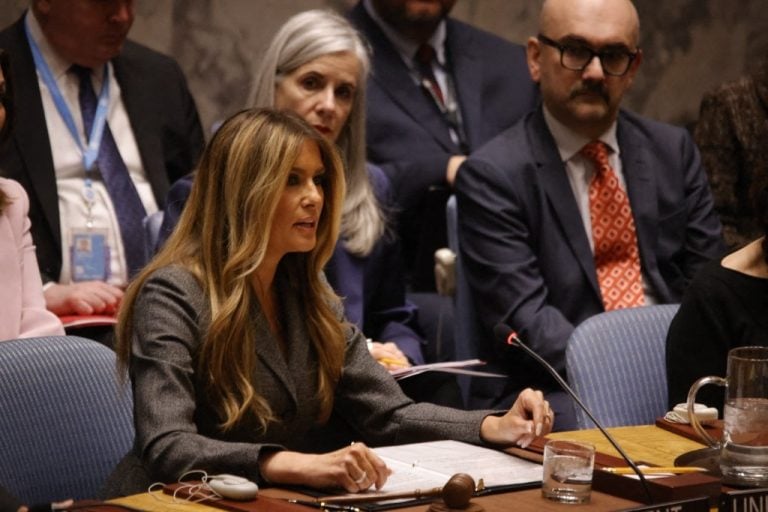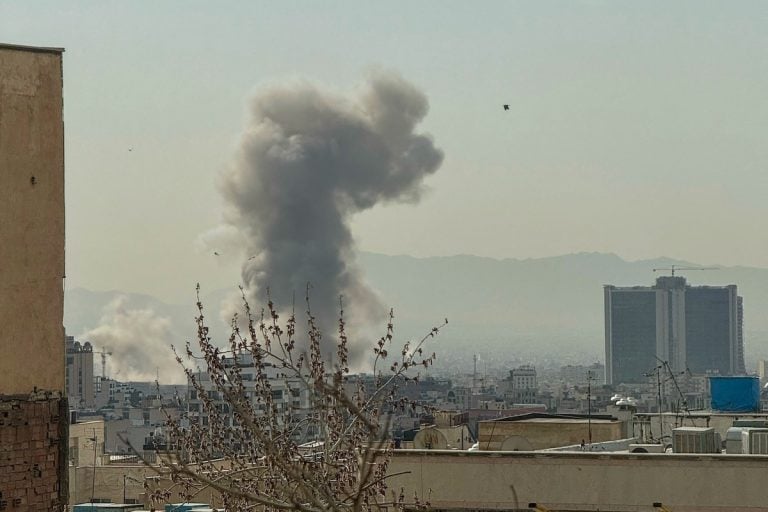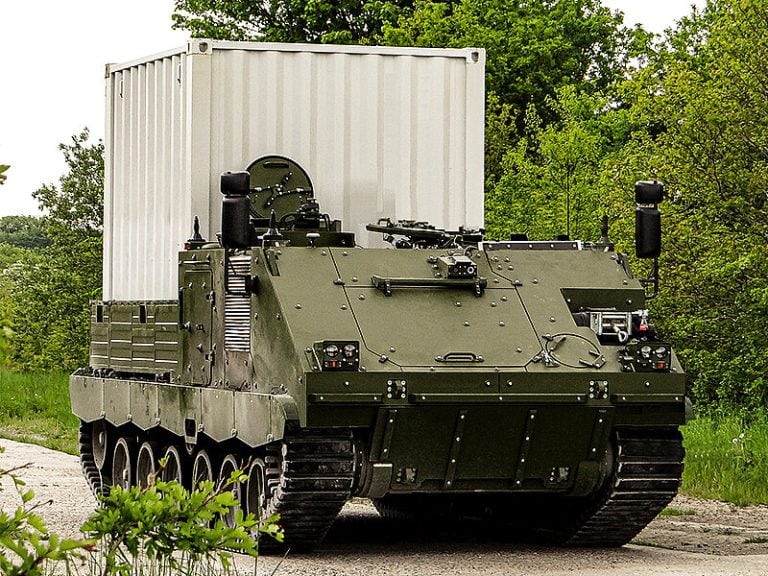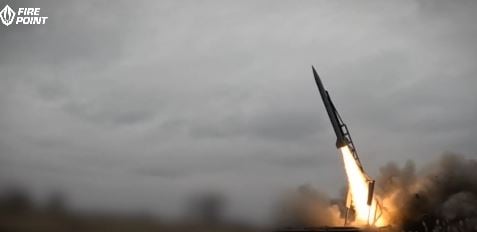In a notable development amid ongoing conflicts in Sudan, paramilitary forces have successfully captured two strategic towns, Dibeibat and Al-Khoei, further intensifying the clash with the national army. This escalation occurs as the country grapples with a severe cholera outbreak, which has recently claimed the lives of 70 individuals in the capital city of Khartoum.
For over two years, Sudan has been embroiled in warfare involving the army, led by General Abdel Fattah al-Burhan, and the paramilitary Rapid Support Forces (RSF). The conflict has resulted in a humanitarian crisis of unprecedented scale, leaving one of Africa’s largest nations deeply fractured. The RSF has reported that their control over Dibeibat and Al-Khoei solidifies their influence over the Kordofan region, which borders South Sudan. A spokesperson for the RSF highlighted that the liberation of these towns represents not just a military victory but a strategic consolidation of power.
Residents in Dibeibat confirmed the RSF’s control, indicating that the town serves as a critical link between North and South Kordofan. The landscape of control in Sudan is now starkly divided: the army retains authority over much of the central, eastern, and northern territories, while the RSF dominates virtually the entire western region of Darfur and parts of the south.
The humanitarian situation in Sudan has worsened dramatically, exacerbated by a recent cholera outbreak that has surged in conjunction with military actions. Last week, the government announced the expulsion of RSF fighters from remaining positions in Khartoum state, but the impact of ongoing combat has left the area devastated, with nearly 90 percent of hospitals rendered non-operational.
In the wake of the outbreak, health officials reported over 2,100 new infections within just two days, contributing to a staggering toll on public health. Although the federal health ministry confirmed a total of 172 deaths attributed to cholera in the week leading up to Tuesday, the United Nations Office for the Coordination of Humanitarian Affairs (OCHA) has stated that it is challenging to accurately gauge the full extent of the outbreak due to discrepancies in reported data.
Cholera has long been endemic to Sudan, but its frequency has increased significantly since the onset of the conflict. Since August, health authorities have documented more than 65,000 cases alongside over 1,700 deaths spanning 12 of the country’s 18 states. The dire consequences of the ongoing war—displacement, destruction of critical infrastructure, and limited access to clean water—have significantly fueled the cholera resurgence.
Aid agencies are sounding alarms regarding the impending rainy season, which could further complicate humanitarian access and exacerbate the spread of disease. The International Rescue Committee has voiced concerns, declaring that Sudan stands on the verge of a full-scale public health disaster.
In a separate yet related context, the Sudanese government faces scrutiny and sanctions from the United States over allegations of utilizing chemical weapons against the RSF. In response, Sudan’s foreign ministry has established a national committee to investigate these claims while rejecting the U.S. accusations, expressing disbelief in their validity. This situation underscores the multifaceted challenges facing Sudan as it attempts to navigate both military conflict and worsening public health crises.
